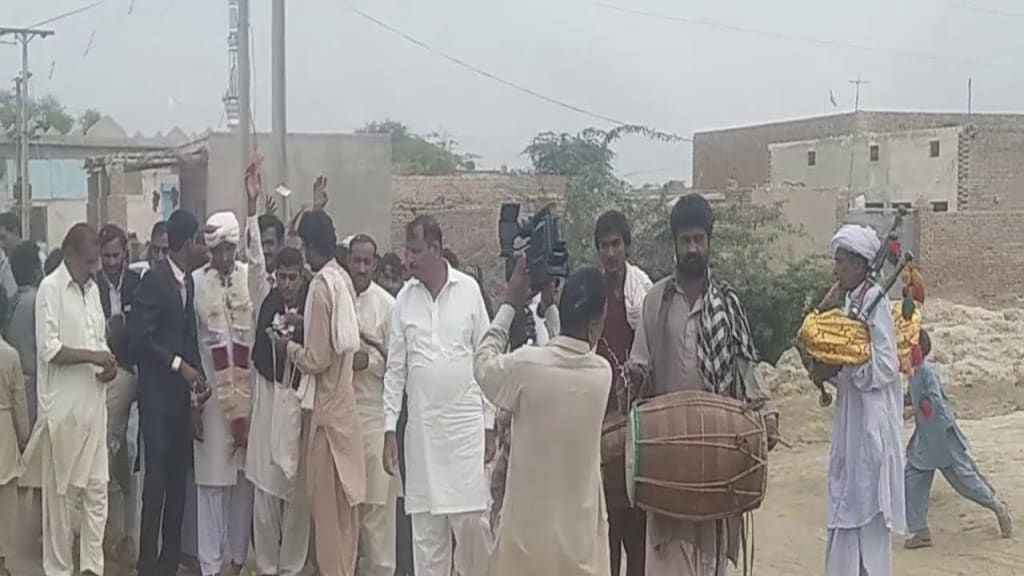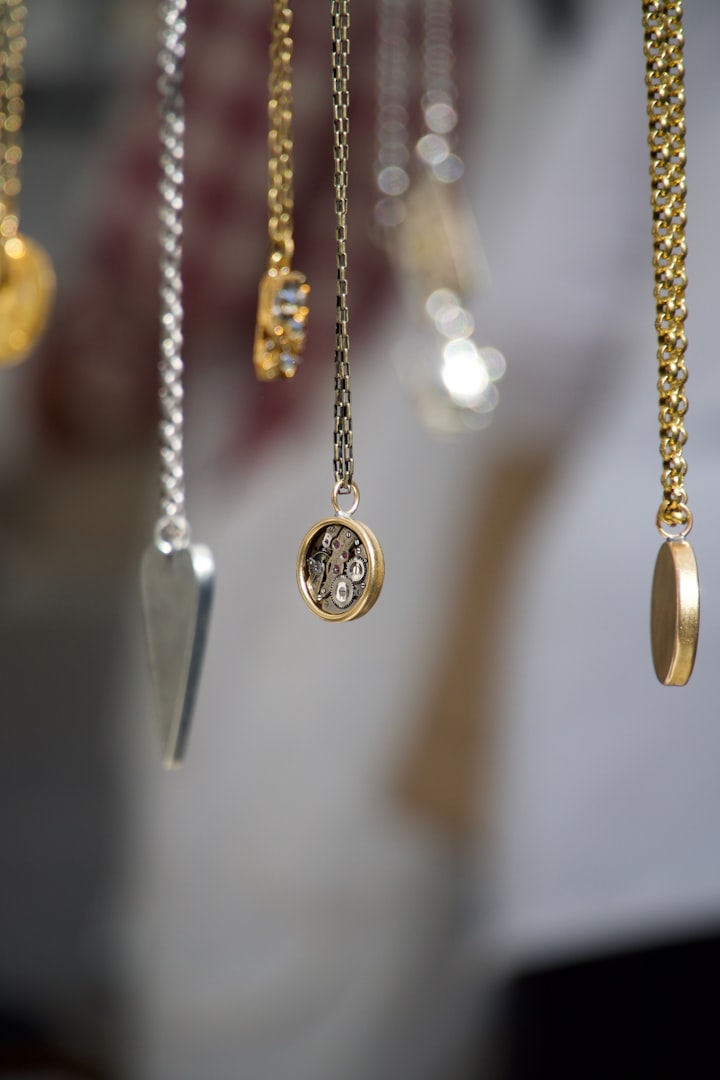Soat: An Intriguing Tradition of Punjab
Rituals of Punjabi Weddings

Punjab, a land of rich cultural heritage and vibrant traditions, is known for its colorful festivals, lively music, and warm hospitality. Among the many customs and rituals that grace the region, one particularly intriguing tradition is the practice of Soat. Soat refers to the money that is showered on the mare of the bridegroom and the doli (palanquin) of the bride during wedding processions. However, what makes this tradition even more fascinating is the playful interaction between the boy and the poor beggars, who try to steal the money with both hands. In this article, we will delve into the details of the Soat tradition, its significance, and the customs associated with it.
The Soat tradition is deeply rooted in the cultural fabric of Punjab. It is considered a symbol of good fortune and prosperity for the newlywed couple. The groom's mare and the bride's doli are adorned with beautifully embroidered fabric, flowers, and other embellishments. As the wedding procession proceeds, the groom's family showers money on the mare, and the bride's family does the same on the doli. This act is believed to bring blessings and prosperity to the couple as they embark on their journey of married life.
The act of showering money on the mare and doli is accompanied by a playful challenge. Poor beggars, who are present during the procession, eagerly gather around to participate in a friendly "stealing" competition. They try to snatch the money showered on the mare or the doli with both hands. This playful interaction between the boy and the beggars adds an element of fun and excitement to the tradition. It is seen as an opportunity for the boy to display his agility and wit while the beggars attempt to claim their share of the Soat.
The custom of Soat holds cultural and social significance in Punjab. It reflects the spirit of community and the importance of sharing wealth and happiness with those less fortunate. The presence of beggars during the wedding procession symbolizes the responsibility of the privileged to extend support and compassion towards the marginalized sections of society. The act of stealing money from the groom's mare or the bride's doli highlights the spirit of generosity and the acknowledgment of the collective welfare of the community.
Soat is not merely a material exchange; it is also a gesture of goodwill and blessings for the couple. The money showered on the mare and doli is not meant to be collected and kept by the boy or the beggars. Instead, it is a symbolic offering, representing the abundance and prosperity that the families wish for the couple. The money is expected to be redistributed to the poor and needy after the procession, thus embodying the concept of sharing and giving back to the community.
This tradition also reflects the cultural values of Punjab, where hospitality and generosity hold great importance. The presence of beggars during the wedding procession is not considered a nuisance but rather an opportunity to engage in acts of charity and benevolence. The act of stealing money with both hands is not seen as theft but as a playful gesture, encouraging a spirit of camaraderie and laughter among all participants.
The Soat tradition in Punjab is a testament to the unique blend of customs and rituals that define the region's cultural tapestry. It is a celebration of love, unity, and the spirit of sharing. The playful interaction between the boy and the beggars adds a touch of joy and excitement to the wedding procession, making it a memorable experience for all involved.
In conclusion, Soat is an intriguing tradition of Punjab, where money is showered on the groom's mare and the bride's doli during wedding processions. The playful challenge between the boy and the poor beggars, who try to steal the money with both hands, adds an element of excitement to the custom. Soat symbolizes good fortune, prosperity, and the spirit of sharing. It reflects the cultural values of Punjab, emphasizing the importance of community, generosity, and compassion towards the less privileged. The tradition of Soat is a beautiful representation of Punjab's rich heritage and its commitment to celebrating love and unity in unique and playful ways.
About the Creator
Dr. Amjad Ali Bhatti
Dr. Amjad Ali Bhatti is a multifaceted individual who has made significant contributions in the fields of research, translation, literature, and social activism.






Comments
There are no comments for this story
Be the first to respond and start the conversation.